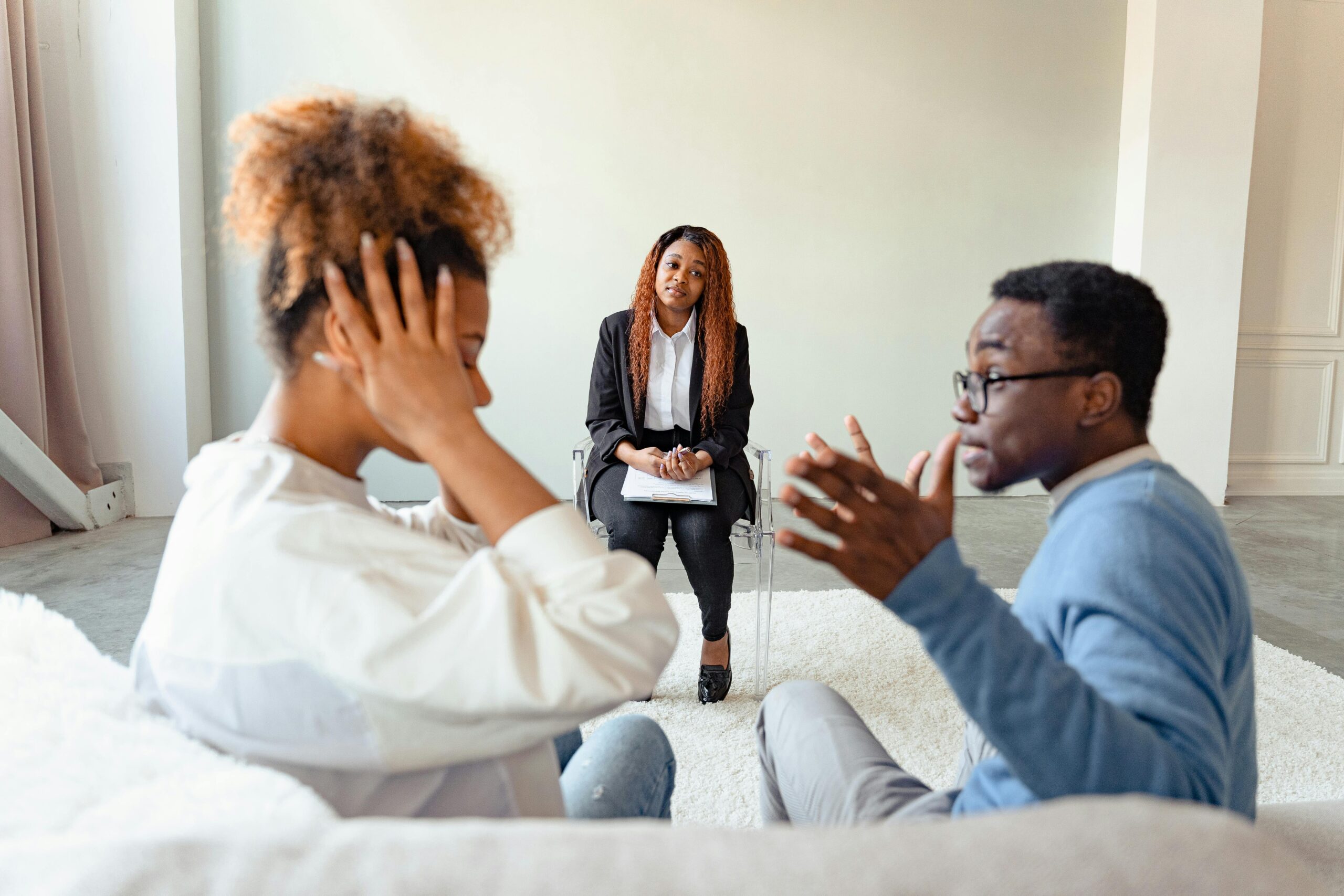When I am meeting with a couple for therapy, it’s often apparent that the person speaking is preoccupied with THEIR OWN grievances and concerns. This SELF-FOCUSED mindset is a major obstacle to progress for many couples.
What exactly is this mindset?
It’s the “me” perspective—a way of thinking that revolves around one’s own needs and desires, rather than considering the well-being of the partnership as a whole.
While this self-centered approach might feel good in the moment, it’s detrimental to building and maintaining your connection. And in couples therapy, the common desire is usually for decreased conflict conflict and increased connection.
So, how do we shift away from the “me” mindset?
My proposal is a complete shift in thinking: embrace a systemic view and adopt a “WE” mindset.
What does this entail?
It means prioritizing the relationship itself above individual interests.
It is no longer about “me”.
It is no longer about “you”.
It is about US and what will help the relationship flourish.
In a “we” mindset, both partners recognize and value each other’s feelings and needs. They prioritize mutual well-being over personal gain, understanding that what benefits ONE ultimately benefits BOTH.
This mindset involves keeping your partner in mind in every action and decision, both publicly and privately. It’s about mutual respect, empathy, and consideration.
By nurturing a “we” mindset, relationships and life in general tend to operate more smoothly. However, this perspective often clashes with the individualistic culture we live in, where “me, me, me” reigns supreme. Moreover, our innate survival instincts often prioritize self-protection in times of conflict.
But imagine if both partners committed to prioritizing each other’s interests? How many issues could be diffused if the guiding principle was “What’s best for us” instead of “What’s best for me”!?
Embracing the “we” mindset could lead to greater satisfaction and harmony in relationships. If you’re curious about putting this into practice, consider reaching out to me for couples therapy – or – to your local couple’s therapist for guidance on how to put this into action.



